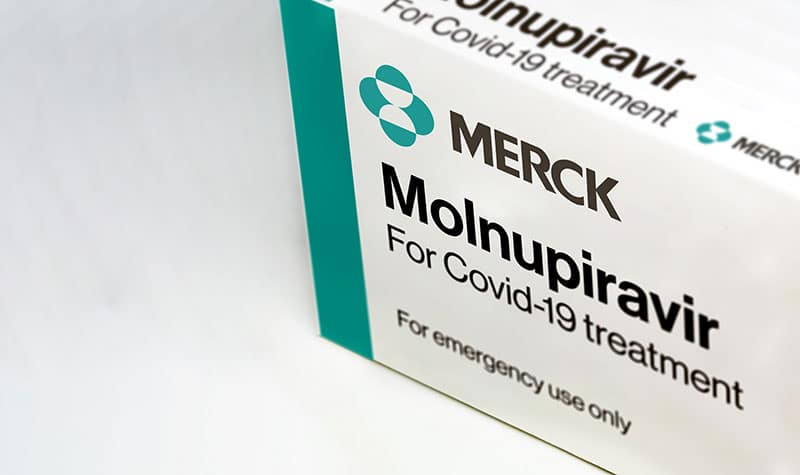Merck company Profile
Merck employs more than 64,000 people in 66 countries is motivated by a passion for science and technology.
At the end of the last fiscal year, the company had a profit of EUR 3.33 billion and sales of EUR 22.23 billion. Turnover increased by 12.9% compared to the previous year. The market capitalization is currently 71.74 billion euros.
More information about the company:
Global Reach and Presence: Merck operates in more than 66 countries around the world, with over 64,000 employees. This global presence underscores the company’s commitment to serving diverse markets and populations.
Wealth Aggregation: Simple, Dynamic, and Secure Beyond Compare. Discover the Altoo Wealth Platform!
Diverse Business Segments: While Merck is renowned for its contributions to pharmaceuticals and chemicals, it is also a key player in the biotechnology and specialty chemicals sectors. The company’s diversified portfolio allows it to address a wide range of global challenges and opportunities.
Innovation and Research: Merck places a strong emphasis on innovation and research. Its commitment to science and technology drives breakthroughs in healthcare, pharmaceuticals, and life sciences. The company actively invests in R&D to develop cutting-edge solutions for the world’s most pressing problems.
Philanthropic Initiatives: Merck is engaged in various philanthropic initiatives that focus on improving global healthcare access, education, and sustainability. The company’s dedication to corporate social responsibility underscores its commitment to making a positive impact on society.
Leadership in Healthcare: Merck’s pharmaceutical division has a strong presence in the healthcare industry. It develops and markets a wide range of prescription medicines, vaccines, biologic therapies, and animal health products that contribute to improving public health and well-being.
Sustainability Commitment: Merck places a strong emphasis on sustainability and responsible business practices. The company is dedicated to reducing its environmental footprint, promoting diversity and inclusion, and ensuring ethical business conduct.
Digital Transformation: Merck is actively exploring digital opportunities to enhance its operations and services. This includes digital branches and partnerships, such as the Syntropy joint venture with Palantir Technologies, aimed at harnessing data for scientific advancements.
Bioprocessing Excellence: Merck’s investment in bioprocess technology highlights its commitment to advancing the production of vital biological drugs. The BioContinuum platform and the integration of production steps demonstrate the company’s dedication to innovation in drug manufacturing.
Strategic Growth Drivers: The company is making a planned effort to focus on key growth drivers, such as the semiconductor business, new drugs, and the development and production of pharmaceuticals. Merck’s growth in the life science business, especially with pharmaceutical companies, shows that it is ready to take advantage of growth possibilities.
Acquisition Strategy: Merck has been careful about making big purchases in recent years, but it is now open to making big purchases as part of its plan to grow. This change in strategy shows that the company is serious about reaching its medium-term goals and keeping its edge in the global market.
History of a traditional Company
One of the oldest pharmaceutical-chemical companies in the world is Merck. It has its origins in the 17th century. In 1668, Friedrich Jacob Merck, a pharmacist from Schweinfurt, acquired what later became known as the Engel Pharmacy in Darmstadt. It still belongs to the family today.
In 1816, Heinrich Emanuel Merck, the grandson of the writer and scientist Johann Heinrich Merck, took over the pharmacy. Even back then, he had a very good education in science and medicine, and he was interested in the chemistry of natural plant chemicals. In the pharmacy lab, he worked on isolating and purifying alkaloids, which are a group of highly effective plant parts that scientists pay special attention to because they can be used as medicines.
Since its foundation in 1668 and a history stretching back more than 350 years, the company has continued to develop. With 13 generations of the Merck family, this creates a unique personality. The values on which the company is based today and on which the future is being shaped were founded in the past and are still lived by Merck today.

Outlook for the Future
The company’s three main growth drivers are the focus of the acquisitions here. The most important of these are the semiconductor segment, new drugs, and the area that deals with the development and manufacture of medicines. In addition, services such as contract manufacturing or testing services are offered. In addition, Merck is striving to establish new digital branches outside of its three business areas.
The Syntropy joint venture, founded by Palantir Technologies, is intended to help scientists make safer and better use of scientific data. The initial aim is to significantly speed up cancer research by enabling researchers to structure data from different sources and analyze it using pattern recognition through Syntropy.
Merck also plans to continue to expand faster than the market through its life science business. Merck sees great potential in particular in its business with pharmaceutical companies, which is mainly concentrated in the Process Solutions business unit. Online trading plays a significant role, through which Life Science already generates a substantial part of its sales.
Merck is also betting on new growth areas such as bioprocess technology for the production of drugs. The company is betting on promising new technologies such as the BioContinuum platform. In the coming years, the company also plans to significantly simplify and accelerate the demanding production of biological drugs for its customers by integrating previously separate steps into a unified process.
As part of its management, Merck has been rather cautious in recent years when it comes to major acquisitions. The aim has been primarily to contain debt. However, the company is currently no longer concentrating solely on organic growth but is also planning to make large-scale acquisitions again. If the growth strategy is successful, there is a possibility that the medium-term goals can also be achieved more quickly.
Merck’s position in the United States and Canada shows how committed it is to improving healthcare, pharmaceuticals, and biotechnology in North America. The company is very important to the study, development, manufacturing, and distribution of medicines and healthcare solutions that help patients and communities in these countries and beyond.













